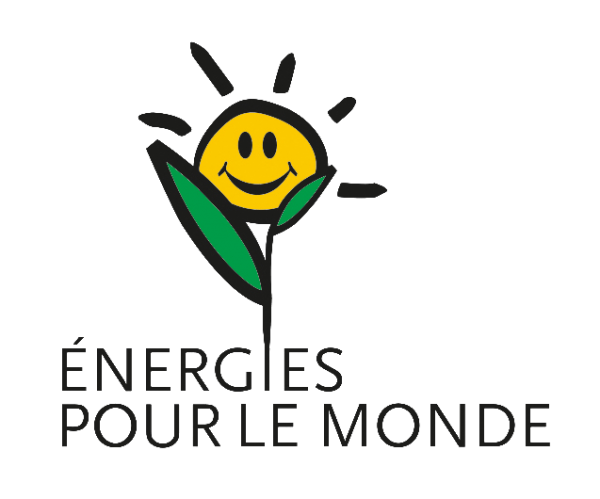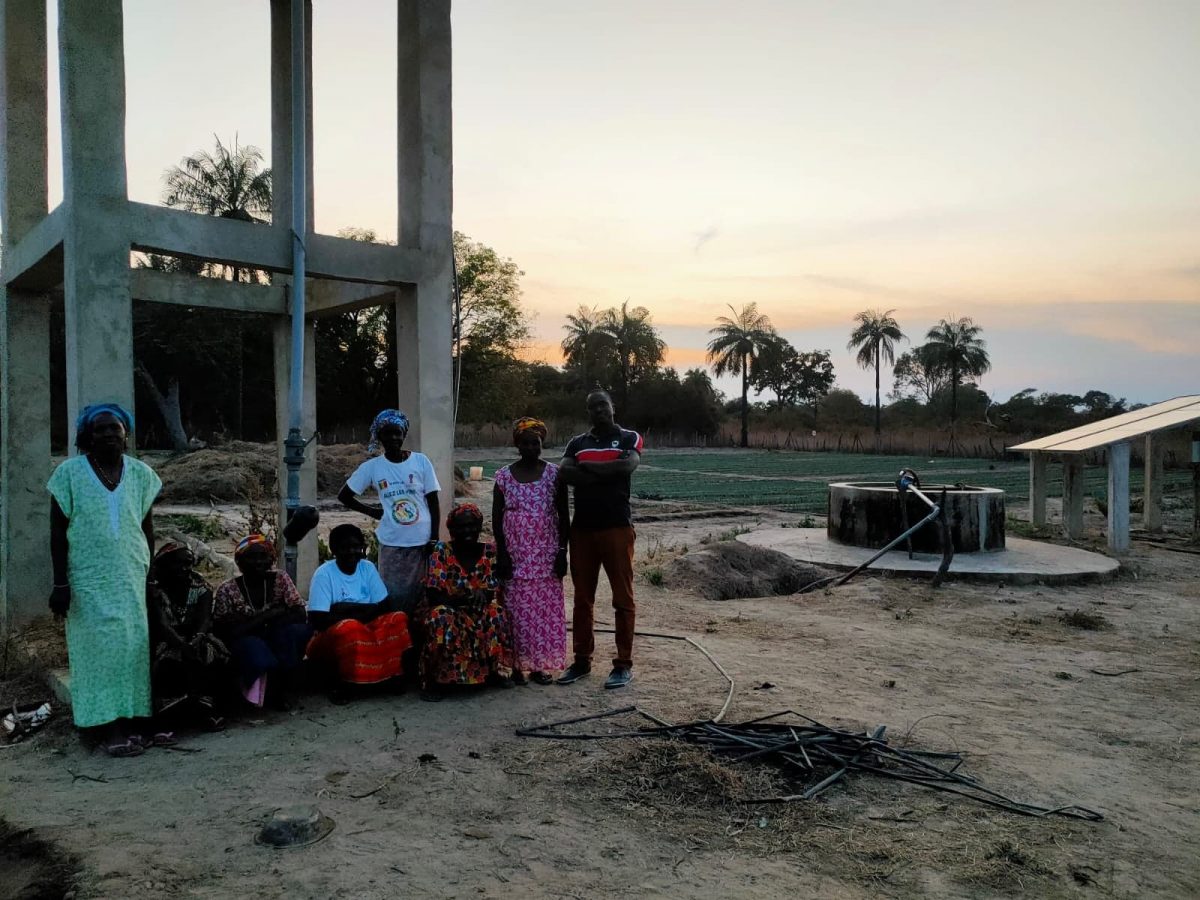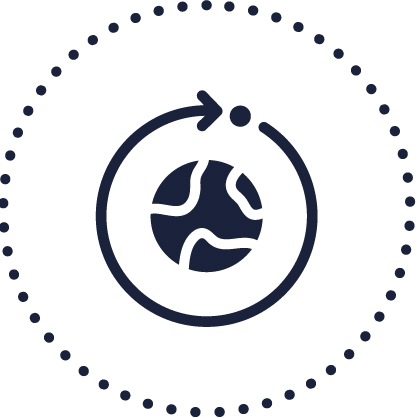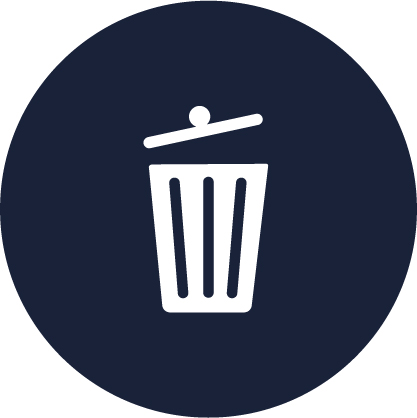Equal Opportunities and Access to Energy in Casamance (EGALES)
Recognized for its public interest, Energies pour le Monde is a foundation that has been working for 30 years to provide universal access to electricity in rural areas while respecting the environment.


Overview of the project
The continuous decrease in rainfall in Casamance led to the development of vegetable farming as a prominent agricultural activity in the region economy, in addition to rice productions. However, the income generated by this activity remains scarce, in fact : there are only small dedicated areas for agricultural activities, water resource management is a challenge and processing and marketing activities are insufficient.
The EGALES project, which is the result from a collaboration among local stakeholders, who were for the most part involved in the pilot project PANENCA, aims to improve in the long run the living conditions, and increase income for women producing vegetables in the commune of Ouonck, Senegal. It will modernise 7 vegetable farming perimeters by harnessing solar energy, and optimising water consumption using solar pumps combined with a drip irrigation system ; this will mitigate the effects of climate change, and help adapt.
EGALES also aims at strengthening women’s skills and assets in the agricultural industry, while decreasing the work drudgery, to improve their resilience and adapt their agricultural practices to the current environmental challenges.
The expected results from the project include the following:
- Result 1: Adapted solar pumping and irrigation systems are installed on 7 vegetable farming perimeters in the commune of Ouonck.
- Result 2: The socio-economic conditions of the women of the GPFs (legal name for “groupements de promotion feminine”) are improved thanks to an increased production. The organisation into GPFs grants them equitable access to agro-ecological production infrastructure and the market.
- Result 3: The facilities’ durability is ensured by the contract between the GPFs and the CGESO, a local operator capable of ensuring the upkeep, maintenance and renewal of the equipment.
- Result 4: The financial and organisational schemes for the solar pumps acquisition by the beneficiaries are studied and discussed
- Result 5: The project and its impacts are monitored by the main partners and the achievements are communicated to a wide audience in order to capitalise on the project’s experiences and prepare for a new phase of scaling up.
Improving the autonomy of women farmers by modernising their practice via solar energy, and optimising water consumption with better water management.
implementation
10/15/2020 – project still in progress
The project started in October 2020 (to end in October 2023), but we have already achieved some important results for the project’s success, which are the following :
- Selection of 330 women (7 GPFs) working in vegetable farming in the area of Ouonck in Senegal via a diagnosis on the 15 GPFs using a series of technical, property and organisational criteria agreed by the local partners
- Selection of 7 agricultural perimeters by carrying out a diagnosis of 15 non-equipped perimeters in the commune of Ouonck in order to select the most relevant for the project
- Organisation of 1 awareness workshop for local population
- 9 wells have been renewed
- The establishment of the socio-economic baseline of the project through 1 survey
- The conduct of 1 local market study to investigate market opportunities and plan agricultural production
- The conduct of 1 hydraulic study of the 15 preselected perimeters to understand to improve water resource management
With regards to the qualitative results of the project, those 3 have to be implemented throughout the full length of the project. They are the following :
- Gender issue: successfully sensitise local elected officials, notables and opinion leaders to gender issues and enable women to access local decision-making bodies
- Agricultural practices: the GPF members improve their agricultural practices to become autonomous in both production and transformation of the agricultural production
- Empowerment and professionalisation of vegetable farming groups: The GPFs move from an associative management of their groups to an entrepreneurial management. This will be achieved through an analysis of 3 different financial scenarios allowing the women’s participation in the acquisition of the equipment. Subsequently, solutions will be presented to financial institutions to get feedback on their feasibility and replicability
The project is currently funded by ADEME (French Environment and Energy Management Agency), Fondation Prince Albert 2 de Monaco, Fondation Nexans, and EkoEnergy.
organisation
Fondation Énergies pour le Monde (Fondem) / Energy for the World Foundation was created in 1990. Fondem supports and promotes access to clean, reliable, and quality energy from local renewable sources, thereby contributing to global poverty alleviation and environmental protection.
Fondem focuses its actions where electrification is the most needed: the rural areas of Sub-Saharan Africa. Access to electricity is a prerequisite for development, and the choice of a renewable source allow to mitigate climate change effects. Our approach sees electrification as a mean to achieve economic development. Fondem intervenes at all stages of a decentralised rural electrification project, in collaboration with its local partners, notably by establishing income-generating activities to foster economic development while securing stable demand and revenues for a durable electricity service supply.
Comité de Gestion de l’Électrification Solaire de Ouonck (CGESO) – Management Committee of the Solar Electrification of Ouonck
CGESO has the experience required to play its key role as a main local partner as it operates nearly 200 solar systems, and 2 solar pumps owned by the commune of Ouonck.
Fondem helped to set it up in 2011 during the project ESSEN II, and supported their autonomy by training them when cooperating on projects. Moreover, as it was already a partner for the project PANENCA, CGESO has a local legitimacy to intervene; in fact as a result of the PANENCA initiative, 98% of the women declared being satisfied by their relationship with the operator, while 92% were satisfied by their technical support.
Following the success of its operations and given the GPFs’ need to benefit from modern infrastructure for pumps and product processing, it made sense to associate this Economic Interest Group with the development and implementation of the EGALES project. Regular contacts with its coordinator, Mr Mobutu Diédhiou, helped identify the structure’s needs in terms of tools and support, so 10 of its members (5 administrative and 5 technical staff) will receive occasional training throughout the program (accounting, management, office automation).
CGESO will organize awareness-raising trainings for the GPF on the use of the equipment, and within the framework of the maintenance contracts signed with the GPF, and upon fee collection, it will be responsible for the maintenance, and upkeep of the electricity production systems installed during the project: solar pumps, solar system for the processing/preservation of truck farming products.
CGESO will participate in all local monitoring committees and in all steering committees:
- The elected officials of the Commune of Ouonck
- The elected officials of the Commune of Ouonck will be involved in the project as they will be the local project managers, co-selecting providers with Fondem, and ensuring the correct implementation of the project. The city will be the official owner of the equipment
- Local and international NGO working in the area
- In order to coordinate local action, the Fondem is working to create formal and informal relations with other NGOs in the Commune of Ouonck, especially by sharing schedules of activities and organize regular meetings on the field in order to work in a complementary way







